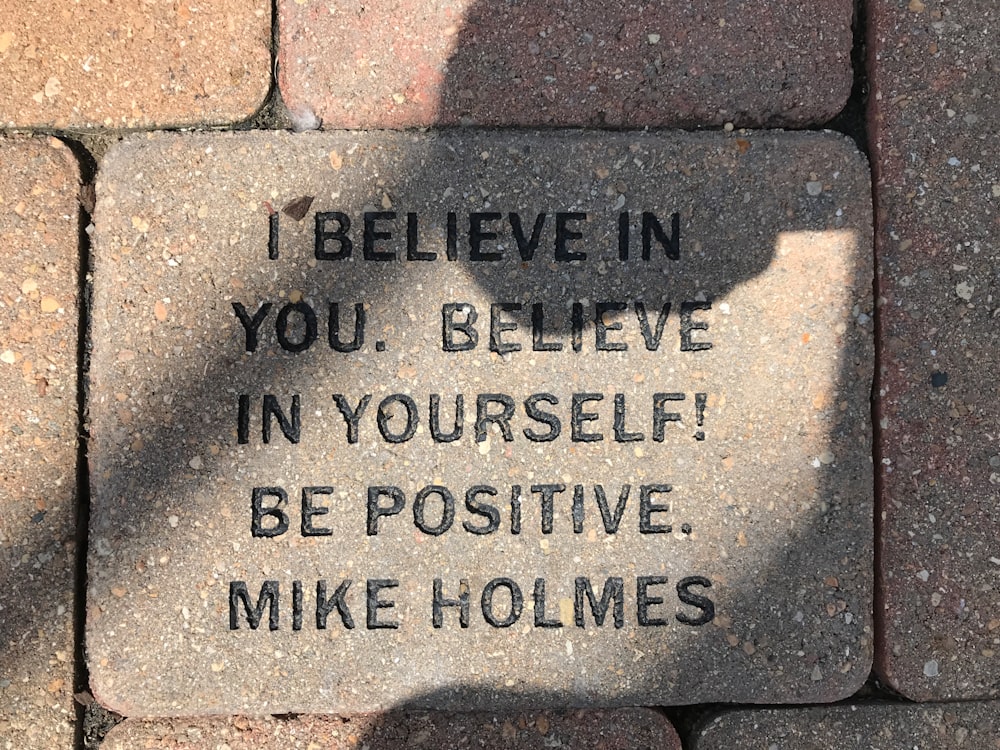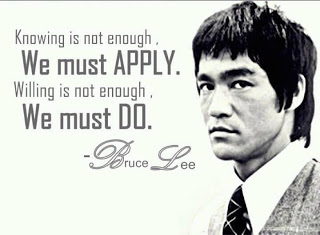“Coaching is leading with curiosity…”
Since I started with coaching certification training, executive coaching and group coaching journey… there are many questions on what a coach should do and what are the best practices for a coach to follow?
There are many school of thoughts when it comes to coaching and there are also many professional bodies around this subject on coaching.
I am not here to say that what I know is the best, whatever I am sharing is just my own thoughts and opinions. Please feel free to make any changes to your own styles and practices. My intention is to add value to what you have already known and practicing. Contact me and we can have further discussions and who knows, I can also learn from you as well. I have this believe that, as leaders, we are constantly learning new things in our journey in life or at work.
“It’s important to work hard, stay humble, and not let the criticism or the compliments go to your head.” – Jessica Sanchez
Anyone or any organizations that are practicing coaching, this article is dedicated to you… based on what I have learned from many gurus, practitioners and learners. Even a coach needs to be coached. As long as we are learning, we are growing, improving to be a better leader.

I would like to make it simple for all of us to remember the key habits when it comes to coaching. Let’s focus on the three -(3) key habits, the Essential Coaching Habits…

YES! Only three -(3) key habits and here they are;
Habit #1: INTENT
What is your intention and purpose to coach this client / coachee / person?
We can learn from Simon Sinek from one of his great books…
As a coach, we need to ensure that our intention is right. When our “WHY” is right, the “HOW” and the “WHAT” will be in place.
In my humble opinion, this Habit #1: INTENT is the starting point to any coaching success. As a coach, our main INTENT is to make our client / coachee successful. It is all about them and our role is to be focusing on their goal(s) and partnering (accountability) with them to their journey in accomplishing their goals to results realization. At the back of our head, with the INTENT, the questions that we ask will be somehow pointing to their goal(s) and that is what is we want. Then comes Habit #2.
Habit #2: CURIOSITY
“Be lazy, be curious, be often…”
– Michael Bungay Stanier
A lot of times, as leaders, we tend to tell (advise, guide, share experience) our people what to do and that is more of mentoring. Even during coaching, we have some hard time adjusting to this new habit of asking questions. We cannot stand silence and the quality of questions we asked were towards leading the client / coachee to the path that we want them to journey on.
Many of the participants who attended the coaching certification program have asked me, “What are the tip for asking great questions?”
That is why this Habit #2: CURIOSITY is the key… when we have the right INTENT and combined with CURIOSITY, the quality of questions asked will be great. As coaches, we want to help and support our client / coachee to be more successful in getting results and we are curious in terms of how they can achieve their goals and what they are going to do to accomplish them.

YES! Leaders are learners… we want to learn about our clients / coachees. How to make them more successful. When they get the results, the will be MORE MOTIVATED! That leads us to Habit #3: OUTCOME
Habit #3: OUTCOME

What we can learn from Anthony Robbins’ Success Cycle model… when the client / coachee achieve results, their belief / certainty (motivation) will increase. If you can see from the illustration above, what leads to results will be ACTION and as what Tony mentioned, “MASSIVE ACTION!!”
Then as a coach what is our role? Habit #3: OUTCOME is all about us coaches having the right INTENT with CURIOSITY, asking the right questions to assist our client / coachee to obtain the OUTCOME which will be ACTION STEPS. When both the coach and client / coachee are clear about the goal(s), the questions that we ask will point to HOW and WHAT the client / coachee will ACTION to get the results or moving them on the right path in achieving the results. Automatically when the client / coachee is moving towards their direction in achieving their goal(s) or best when they achieve results, they will be more fulfilled, motivated and happier.
“Success is a science; if you have the conditions, you get the result. “
– Oscar Wilde

There you go… the Essential Coaching Habits. I strongly believe that if we are able to practice these three -(3) Coaching Habits;
Habit #1: INTENT
Habit #2: CURIOSITY
Habit #3: OUTCOME
We will be able to help more people to be SUCCESSFUL. Like what I normally share with my client / coachee / participants…
“When you are successful, I will be successful too…”
“Please DO NOT FORGET ME when you are successful… hahaha”
Thank you.







